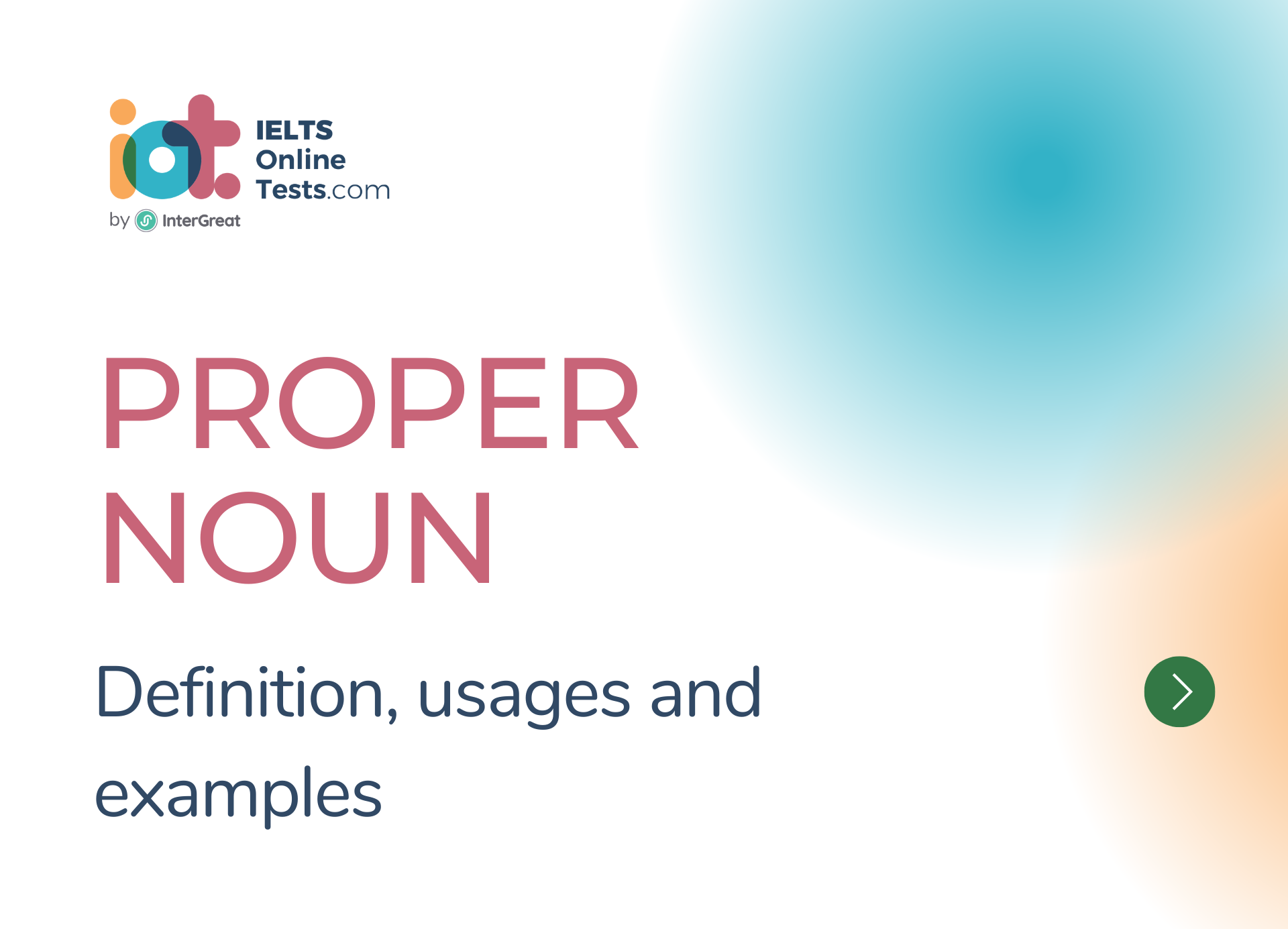
Proper Noun definition, usages and examples
A proper noun is a specific name given to a particular person, place, organization, or thing. It is capitalized regardless of its position in a sentence. Proper nouns are used to distinguish individual entities from others of the same type.
Here are some key features and examples of proper nouns:
Names of People: Proper nouns are used to refer to specific individuals.
- Examples: John, Mary, Michael Jackson, Elizabeth II.
Names of Places: Proper nouns are used to identify specific locations.
- Examples: London, Paris, Mount Everest, Central Park.
Names of Organizations: Proper nouns are used to indicate specific companies, institutions, or groups.
- Examples: Apple Inc., United Nations (UN), Facebook, Greenpeace.
Names of Historical Events: Proper nouns are used to label significant historical events.
- Examples: World War II, the Renaissance, the American Revolution.
Names of Works: Proper nouns are used to denote titles of books, movies, songs, or artistic creations.
- Examples: "Pride and Prejudice" (novel by Jane Austen), "The Starry Night" (painting by Vincent van Gogh), "Titanic" (film), "Bohemian Rhapsody" (song by Queen).
Names of Days, Months, and Holidays: Proper nouns are used for specific days, months, and holidays.
- Examples: Monday, January, Christmas, Independence Day.
Proper nouns help in providing specific and precise information about people, places, things, and events. Remember to capitalize them consistently in your writing to distinguish them from common nouns.
It's important to note that some words can be both common and proper nouns, depending on their usage. For instance, "river" is a common noun, but "Mississippi River" is a proper noun as it refers to a specific river.
Understanding the distinction between proper and common nouns is essential for accurate communication and grammatical correctness in English.




